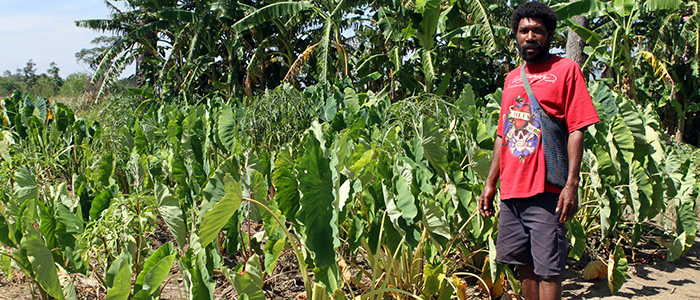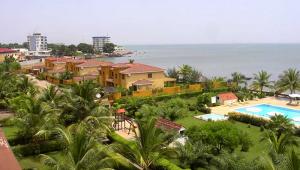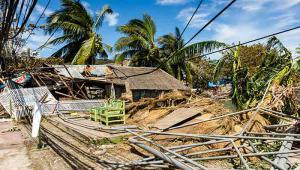farming-of-taro-and-bananas,-Papau-New-Guinea-©-Bioversity-International.jpg

A farmer in Papua New Guinea
According to ADB’s research, mainland PNG and its numerous islands and atolls could endure some of the heaviest losses from climate change in the Pacific. The bank and the government of PNG today signed grant and project agreements to help alleviate and prepare for the risks faced.
“The assistance will help PNG raise its development planning capacity, allowing the government to scale up investments,” said Marcelo Minc, ADB country director in PNG.
The ADB is providing a $24.25m grant sourced from the ADB’s strategic climate fund which will be used to help integrate climate risk and resilience planning into development policies in vulnerable communities.
The project also seeks to conduct climate change and vulnerability assessments and prepare adaptation plans for these communities, pilot sustainable fishery ecosystems and food security investments in target areas and establish a framework for climate-resilient infrastructure.
An early-warning system linked to PNG’s National Disaster Centre will also be upgraded.
The most recent El Niño, which was one of the strongest on record and thought to have been exacerbated by man-made climate change, has served to demonstrate the devastating effects severe weather can have on the country.
A million people in PNG’s highlands suffered severe food shortages as drought and frost decimated crops, caused wildlife to move on and blighted domestic animals. The country’s National Disaster Centre estimated it would cost $12m to bring food to affected families for four months.













